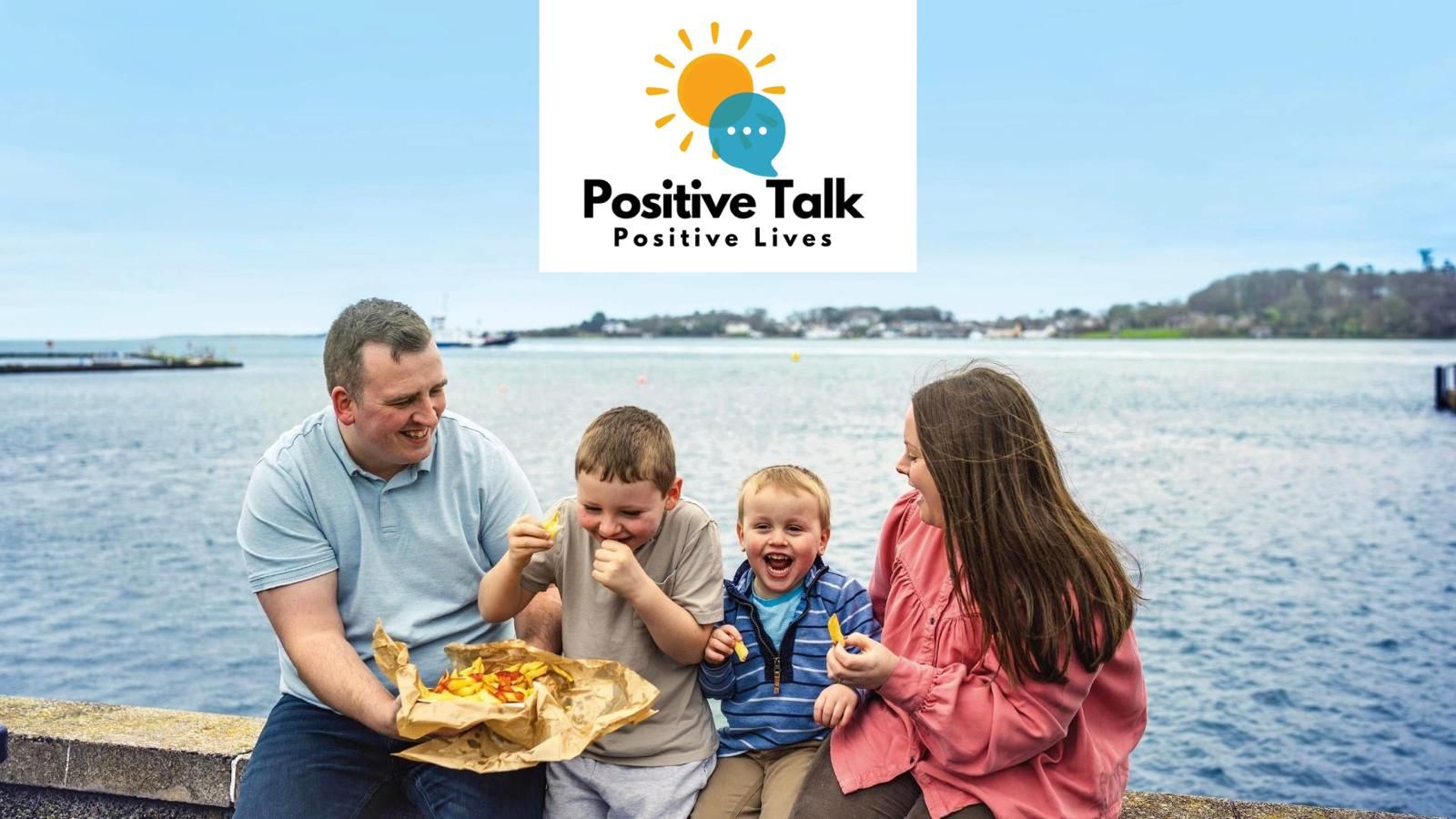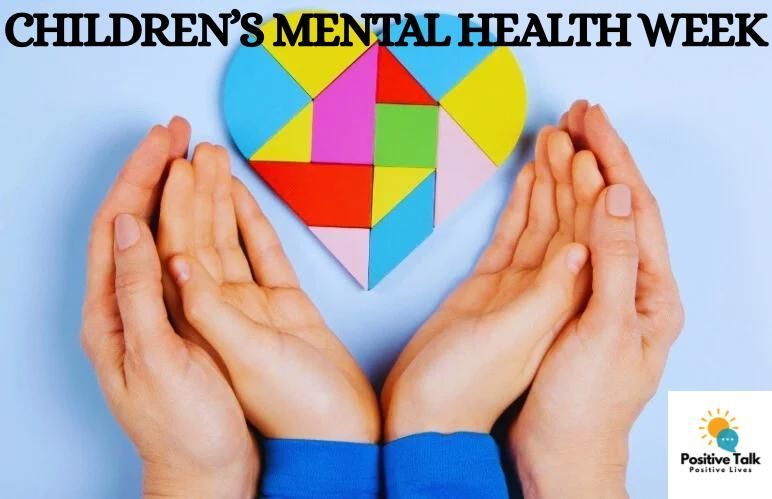Bereavement Therapy: Expert Support for Coping with Loss
Losing someone close to you is one of life's most difficult experiences. Whether it is a friend, family member, or a loved one, grief can be overwhelming and hard to navigate alone. Bereavement therapy provides a safe and compassionate space to process the pain of loss, understand your emotions, and find healthy ways to cope.
In this article, we will explore what bereavement is, how professional support can help, the stages of grief, common symptoms of bereavement, and ways to seek help during challenging times. If you're struggling, know that you don't have to go through it alone.
Common Questions About Grief
Many people experiencing grief have questions about what they're going through. Here are some common concerns:
How can I support someone who is grieving?
Offering compassion, listening without judgement, and simply being present can provide comfort to someone experiencing loss.
Why do I feel guilty after losing a loved one?
Feelings of guilt or regret are common during grief, often tied to thoughts of what could have been done differently.
Is it normal to feel numb or detached after a loss?
Yes, emotional numbness can be a coping mechanism, allowing you to process the loss gradually.
What are the stages of grief, and do I have to go through them all?
Grief does not follow a set pattern, and not everyone experiences all the stages. Your journey may be unique to your relationship with the deceased and personal circumstances.
Can grief come back years later?
Yes, grief can resurface unexpectedly, often triggered by anniversaries, milestones, or memories associated with your loved one.
What’s the difference between grief and depression?
Grief is a natural response to loss, while depression is a mental health condition that may require professional intervention. Grief can, however, lead to depression in some cases.
How do I talk to my child about grief?
Using age-appropriate language, honesty, and reassurance can help children process their emotions during bereavement and through suitable therapy support.
How can I deal with grief during holidays or special occasions?
Creating new traditions, honoring your loved one’s memory, and seeking support can help navigate these challenging times.
What’s the best way to cope with sudden or unexpected loss?
Focusing on self-care, leaning on support networks, and seeking professional help can be crucial for managing sudden bereavement.
How long does grief last?"
There's no set timeline for grief. it's normal to experience waves of grief that come and go. Some people find their grief changes rather than completely ends, becoming more manageable as they adjust to their loss.
Can grief affect my physical health?
Yes, grief can affect physically through changes in sleep patterns, appetite, energy levels, and even physical aches. This mind-body connection is why taking care of your physical health during bereavement is crucial.
What Is Bereavement?
Bereavement is the period of mourning and adjustment following the loss of a loved one, this experience is very personal and can vary greatly from person to person. While grief is a natural response to loss it can have an effect emotionally, physically, and even in social situations that may feel overwhelming.
It is important to understand that there is no "right" way to grieve. Bereavement journey is shaped by many factors, including cultural background, religious beliefs, family traditions, and personal relationship with the deceased. Some cultures encourage open expressions of grief, while others may have specific mourning rituals or traditions. These differences highlight how unique each person's experience with loss can be.
The way we process grief can also be influenced by our support system, previous experiences with loss, and the circumstances of the death. Whether expected or sudden, losing someone close requires a period of adjustment and support as you learn to navigate a world that feels fundamentally changed.
How Grief Affects Daily Life and Relationships
Grief can greatly impact every part of daily life and often does so in unexpected ways:
Changes in Daily Routine
The absence of a loved one can make simple daily tasks feel very challenging. You might find yourself avoiding certain places or activities that remind you of the person you've lost, or struggling to maintain regular routines that once included them. Triggers like a familiar song, a favorite meal, or a shared hobby can bring waves of grief that feel overwhelming.
Impact on Relationships
Bereavement can significantly affect your relationships with others. Some friends and family members may not know how to respond to your grief, leading to feelings of isolation. You might notice changes in your social dynamics:
- Some relationships may become stronger as people offer support
- Others might become strained if people struggle to understand your grief
- Existing relationships might need time to adjust to the new normal
Professional Life
Managing work responsibilities while grieving can be particularly challenging. You might experience:
- Difficulty concentrating on tasks
- Changes in work performance or motivation
- Challenges in professional interactions
- Need for workplace adjustments or support
Understanding these impacts can help you be more patient with yourself and recognise when additional support might be helpful.
Need someone to talk to about your grief? Our compassionate therapists are here to listen. Contact Positive Talk today for a confidential conversation about how we can support you.
How Bereavement Therapy Can Help
Grieving can be a complex process and professional bereavement therapy can provide invaluable support. A qualified therapist can help you:
- Express Your Emotions: Talking through your feelings in a non-judgmental environment can help you process the pain of loss and identify your needs.
- Understand Your Grief: Therapy provides insight into the grieving process and helps you recognise that your feelings, however intense or confusing are normal.
- Develop Coping Strategies: Therapists can guide you in building tools to manage symptoms of grief from overwhelming sadness to physical exhaustion.
- Rebuild and Adjust: Over time bereavement counselling can help you adjust to life without your loved one, fostering resilience and hope for the future.
Whether you choose individual sessions or grief counselling groups, professional support can provide a foundation for healing.
Understanding the Stages of Grief
Grief often follows a series of emotional stages, though it's important to remember that these stages are not linear. You may move back and forth between them or experience some stages more intensely than others. The five stages of grief can include:
- Denial: "This can't be happening."
- Anger: "Why is this happening?"
- Bargaining: "If only..." You might find yourself dwelling on what could have been done differently to prevent the loss.
- Depression: Deep sadness and feelings of emptiness are common as the reality of the loss sinks in.
- Acceptance: Over time, you may begin to accept the loss and adapt to life without your loved one.
Symptoms of Bereavement and Loss
Grief doesn't just affect your emotions. It can occur in various ways, including:
Emotional Symptoms
- Intense feelings of sadness or tearfulness
- Feelings of guilt or regret
- Anxiety or fear about the future
- Irritability or anger
- Feeling numb or disconnected
Physical Symptoms
- Fatigue and low energy
- Sleep disturbances (like insomnia or sleeping too much)
- Loss of appetite or overeating
- Physical aches or pains
- Weakened immune system
Cognitive Symptoms
- Difficulty concentrating
- Forgetfulness
- Preoccupation with thoughts of the deceased
- Confusion or brain fog
Social Symptoms
- Withdrawal from friends and family
- Difficulty engaging in daily activities
- Feeling isolated or misunderstood
- Changes in social relationships
Dealing With Bereavement: Tips with Coping
While professional support is invaluable, there are other tips that can help and support alongside therapy listed below.
- Acknowledge Your Feelings: Allow yourself to grieve and feel the full range of emotions. Bottling up your feelings can prolong the healing process.
- Seek Support: Surround yourself with people who care about you. Whether it's friends, family, sharing your thoughts and feelings can be incredibly healing.
- Be Patient: Healing takes time. Give yourself grace and understand that there is no fixed timeline for grief.
When to Seek Professional Help
While grief is a natural response to loss, you may benefit from professional help if:
- You are struggling to engage in everyday tasks.
- Your grief is interfering with your ability to work, socialise or maintain relationships.
- You are isolating yourself from others.
- Sleep disturbances.
- Thoughts of suicide.
- Abusing drugs/alcohol.
- Experiencing sadness, guilt, self-blame and unhappiness.
- You're not taking care of yourself or finding this difficult to do.
- Experiencing ongoing and intense emotional difficulty.
How Positive Talk Can Help
At Positive Talk, we understand how overwhelming and difficult bereavement can be. Our team of qualified therapists provides compassionate, expert support tailored to your needs. Whether you're struggling with recent loss or ongoing grief, we are here to help you on your journey to healing.
Ready to take the first step? Contact Positive Talk today to schedule a confidential consultation with one of our experienced therapists. We're here to support you through this difficult time and for as long as is required
Article completed by Sureya at Positive Talk










